Marquette University’s recent decision to hold in-person classes will disproportionately expose non-tenure-track faculty, graduate students and undergraduate students that work as teaching assistants to COVID-19, despite them having no say in university planning.
Marquette announced that it will proceed to “reopen for in-person instruction this fall with hybrid and online classes where reasonably possible,” according to an Aug. 5 university news release.
This decision arrives mere weeks before classes are set to begin, and as an exception to Milwaukee’s previous reopening plan, which barred all educational institutions from being in person in the current phase 4 of reopening. This was revised July 31 after several talks between the Milwaukee Health Department and universities in the Milwaukee area, detailed in a July 28 university news release. This revision introduced a phase 4.1, which allowed universities to reopen as long as their plan to do so is approved by the Milwaukee Health Department.
Marquette also announced that it will provide first year and sophomore students the option to waive their on campus living requirements as well as introduce an option to take their classes remotely “as (they) are able.”
However, this offer doesn’t specify the extent to which classes will be remote and requires any first-year student taking an in-person or hybrid course to live in the residence halls. Additionally, Marquette has not extended the offer of optional online coursework to graduate students still taking classes, requiring them to meet in person if the course calls for it.
Additionally, undergraduate students were informed in an Aug. 5 email from Provost Kimo Ah Yun that making changes to their schedules could impact their academic progress to graduate on time, as not every course can be taught online.
These caveats will force students that may have otherwise remained away from campus to return and take required courses in person, threatening their lives as well as the lives of the surrounding Milwaukee community, which has already been disproportionately impacted due to inequalities of systemic racism.
It is a blatant disregard for the wellbeing of the larger Milwaukee community to bring back potentially thousands of students from across the country and other nations to campus in the midst of a global pandemic.
The shock and confusion that Marquette’s plan creates is not only felt by students. The developing Marquette Academic Workers Union states that much of the university’s planning remains unclear and is executed without consulting students or faculty.
This continual lack of communication has caused faculty, many of whom are under-represented non-tenure-track or graduate students, to try and develop course plans for a number of different situations — all before their paid contracts even begin.
Despite the opinion of 73% of students and any benevolent faculty, an email forwarded to me by a graduate student in regards to College of Arts & Sciences faculty and staff strips the respective agency that professors and TAs usually have in how their course will be taught. This email states that “faculty do not have the option of deciding individually to change the modality in which their courses will be offered.”
This means that whether an individual professor wishes to teach their class remotely or not, they are required to teach as the university decides.
As a de facto generalization, tenured faculty are given more leeway to stray from university guidelines about teaching methods. Consequentially, those that are most likely to face penalties for not abiding by the university’s decisions are those least represented: non-tenure-track faculty and graduate student workers.
These same faculty are provided no health care by the university and subsist on near poverty wages with $20,000 a year as the national average income. Disappointingly, this is often lower at Marquette.
The egregious decision to host hybrid in-person courses during the COVID-19 pandemic therefore brings the majority of the danger upon the most vulnerable members of the Marquette community.
For example, the Biological Sciences Department said in an email from their respective graduate affairs committee that most lecture courses are expected to feature an in-person discussion section, run by a graduate or undergraduate TA, while lectures are likely to be recorded and online. Similarly, according to the Marquette Academic Workers Union, in many humanities departments graduate student workers are not only TAs but the primary instructor of record, placing the entirety of potential exposure on them.
So, in doing so, one must ask what the reasoning behind this decision could be. Is it simply too difficult to transition to online coursework? Does it go against the university’s Jesuit values to not offer an in-person college experience?
One might point out that inequalities among students make it difficult for some to transition to online learning. Indeed, it is essential to acknowledge that not all Marquette students have complete access to online learning materials such as internet connection or laptops. However, the resources currently being placed in expanding clinical services and assisting staff by the university may be better spent identifying and assisting students in need, given that it is easier to attend class from a rented computer than a potential hospital bed.
In comparison, our neighboring Jesuit university, Loyola University of Chicago, implemented a plan that has all dorms closed for the fall semester and all courses — save labs, research and experiential learning courses — moved to an online format.
So how is Loyola able to transition to a relatively safer semester? Besides having an actual plan, Loyola is willing to admit that moving to an online format will have “significant revenue implications.” Despite the financial loss, Loyola is putting the safety and lives of its students and faculty first, instead of “where reasonably possible,” as the Marquette administration said about making fully online accommodations for students.
Marquette has stated that with its current plan of reopening campus, it faces a risk of losing approximately $20-25 million dollars, according to a June 10 virtual town hall meeting. And rather than touch its approximately $698 million endowment, Marquette appears to see this monetary risk as a larger threat than the potential for students, uninsured faculty and Milwaukee residents to become infected.
With no current plan for if the university needs to close again, it is imperative that for the health of the Marquette and Milwaukee communities, the administration listens to its faculty and students and release a clear plan for the semester ahead.
This plan needs to offer an unabridged option for all undergraduate and graduate students to elect an entirely remote course load as well as provide an alternative in case of an outbreak situation, all while ensuring that faculty are provided the resources to make the fall semester as enriching as possible.
This story was written by Ethan Torres, a Marquette alum and current research assistant, who volunteered to write this article. He is not a staff member for the Wire. He can be reached at ethan.torres@marquette.edu.

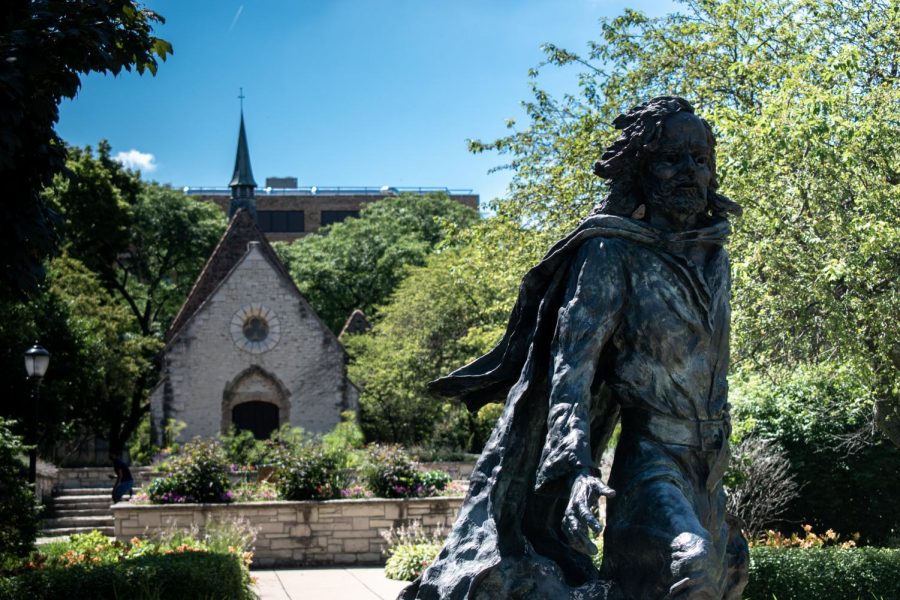

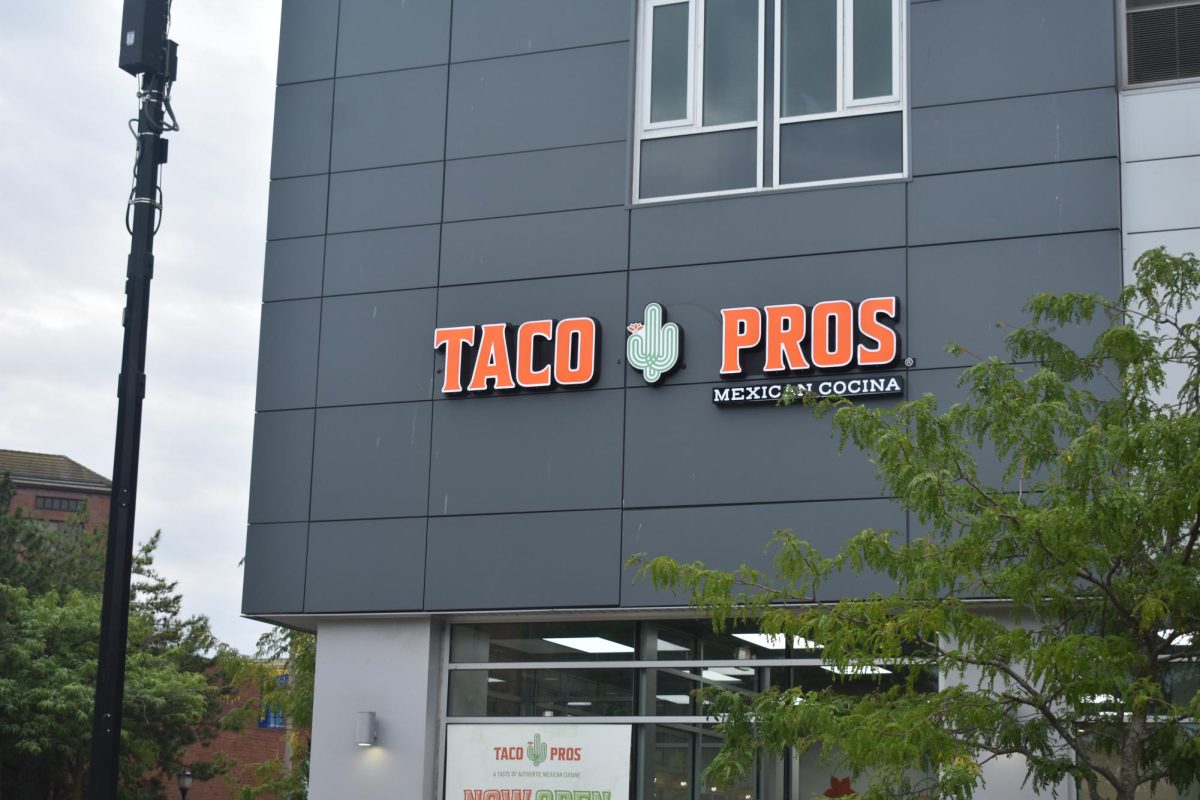

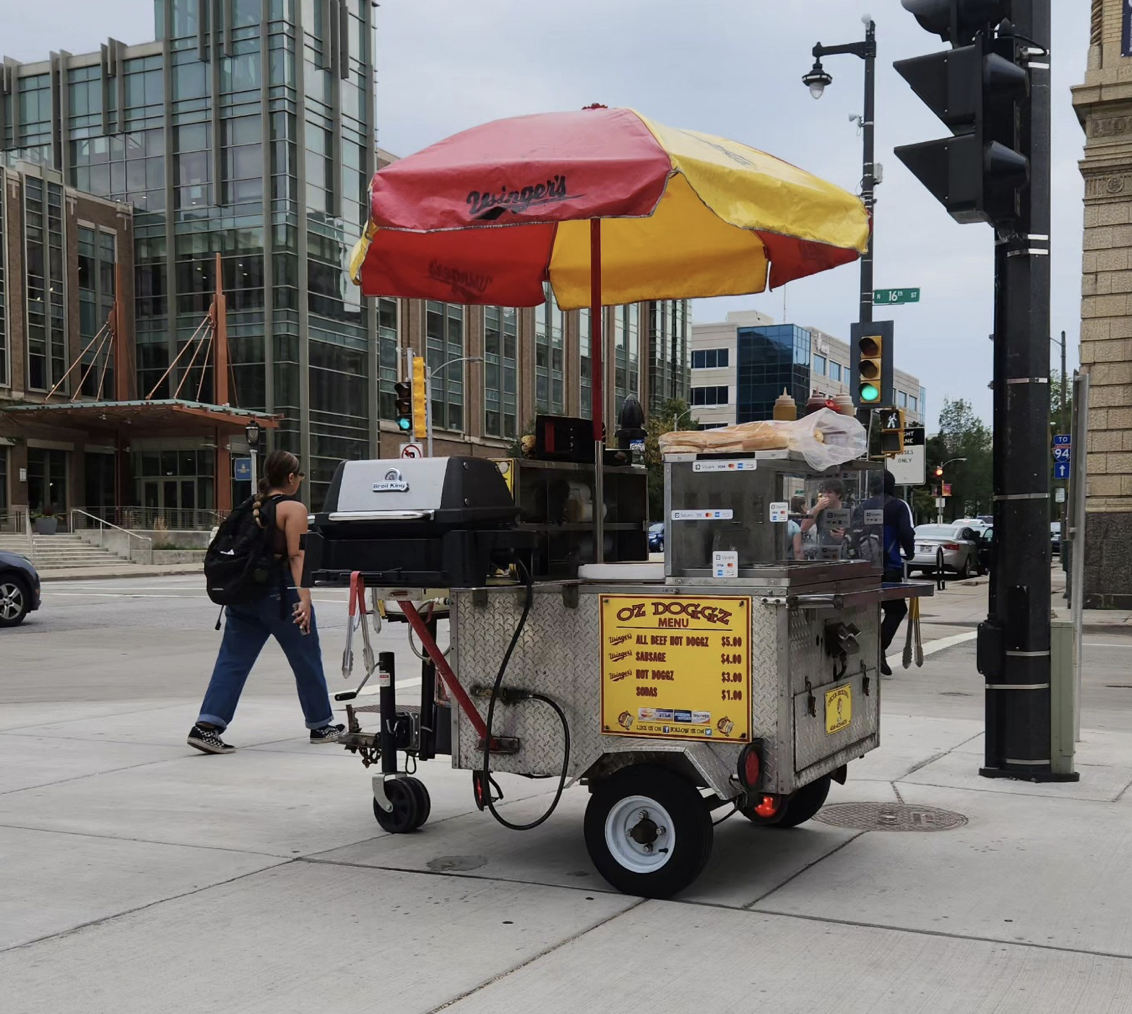
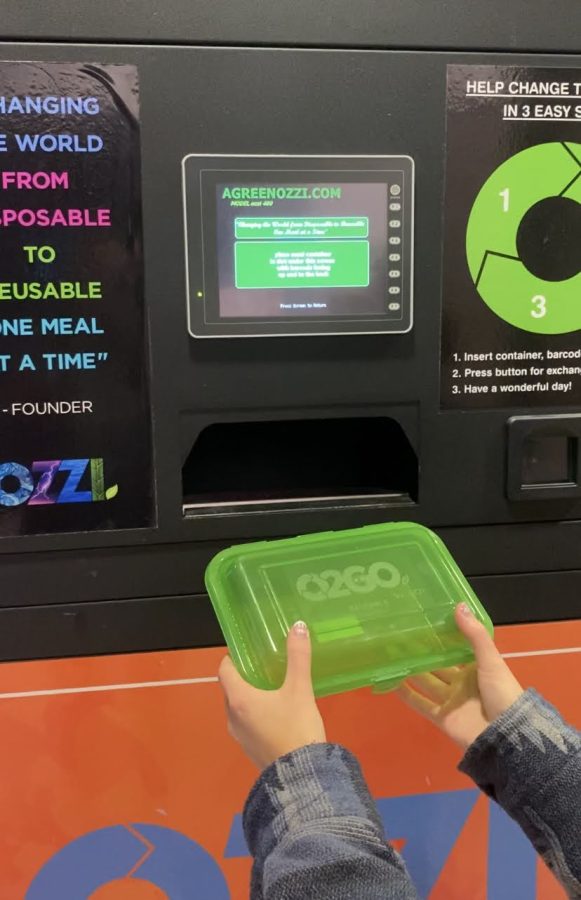


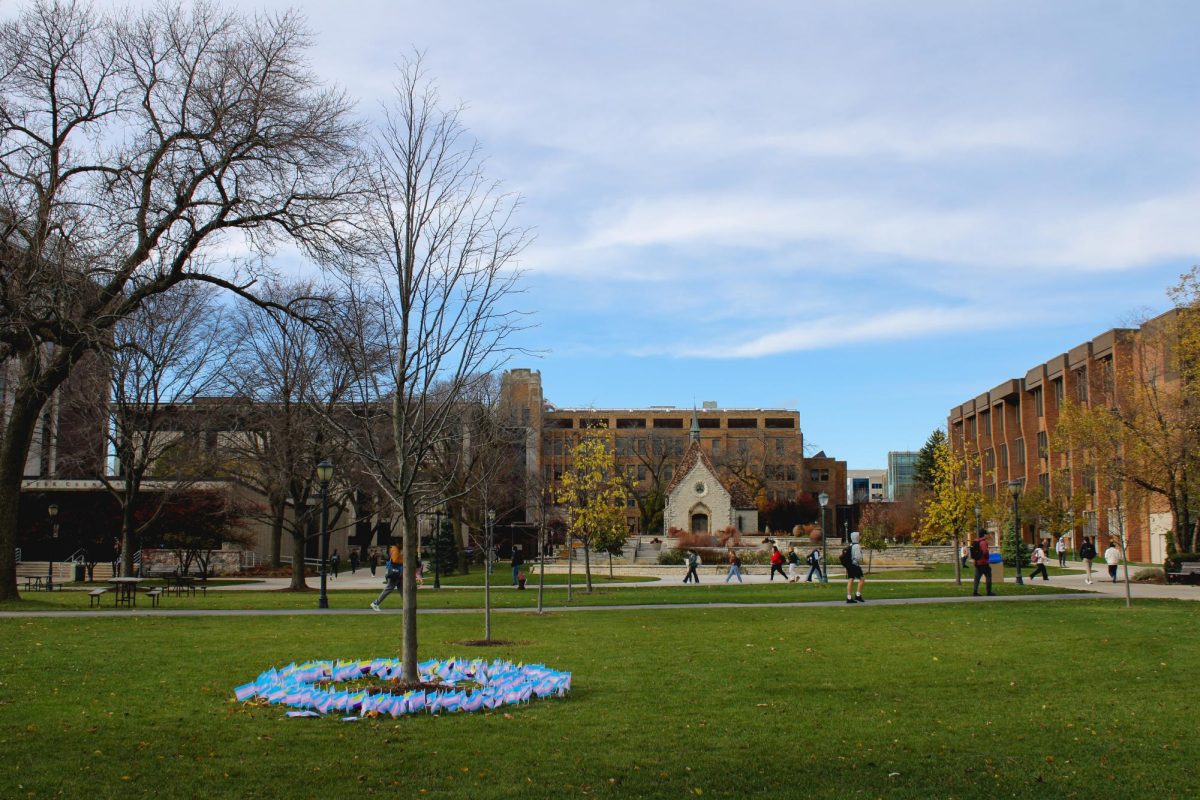
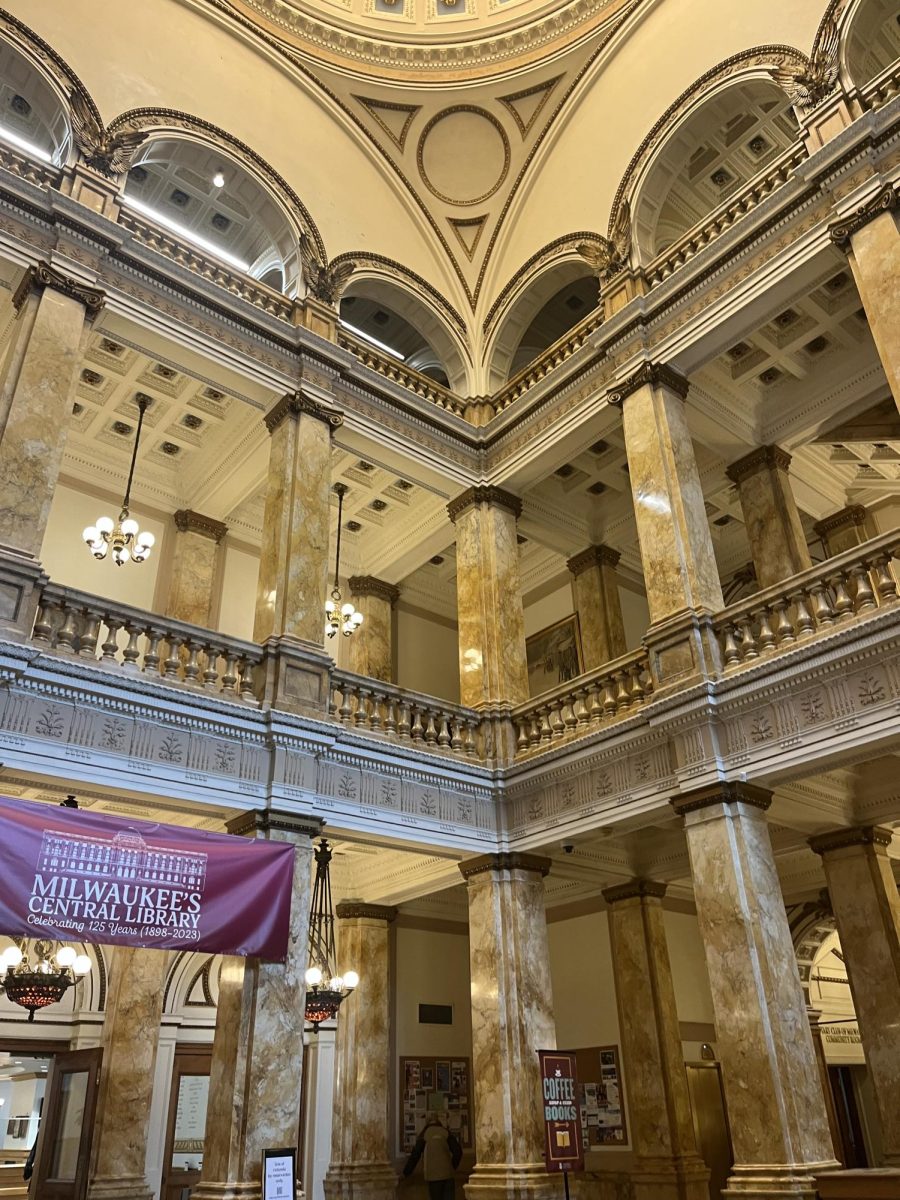

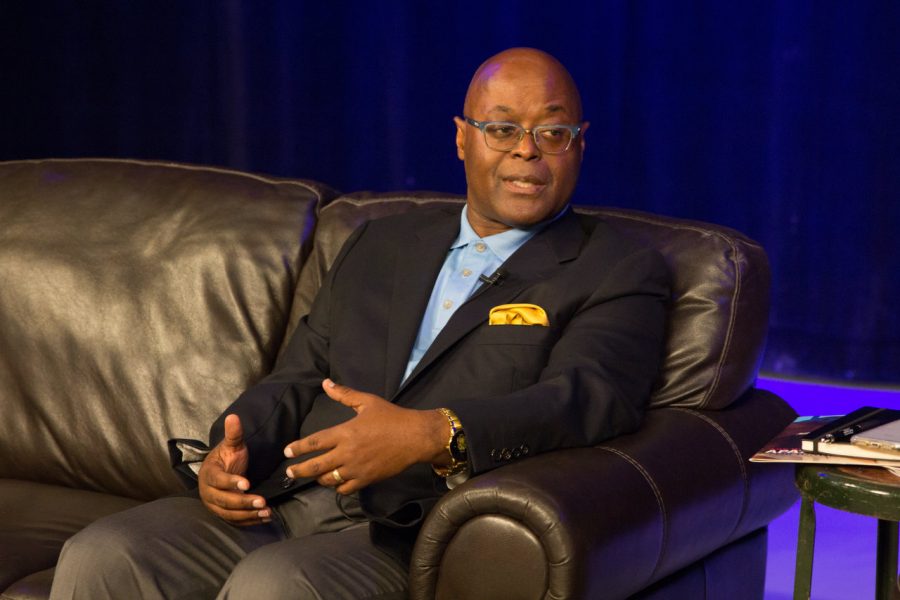
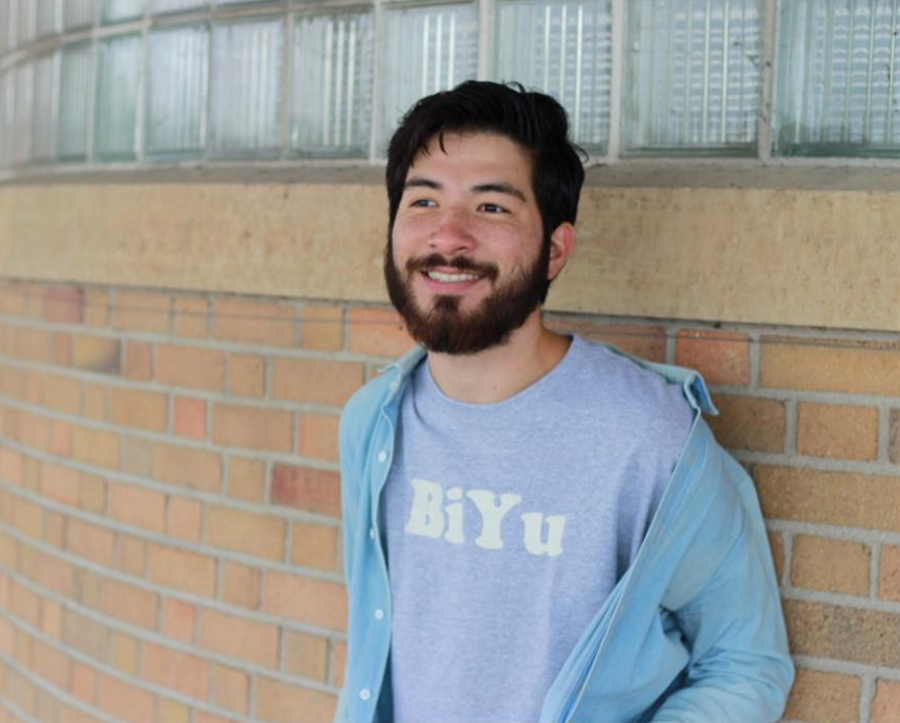
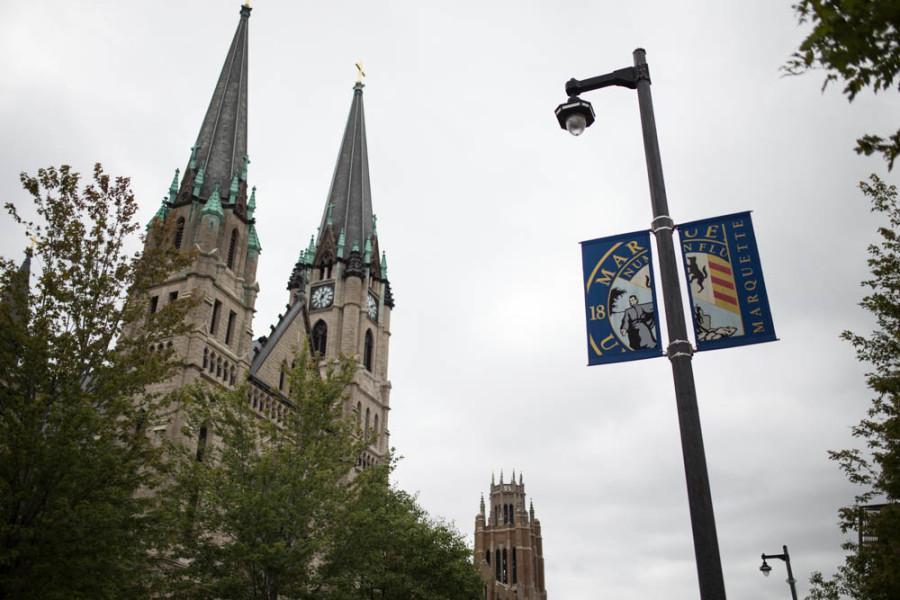
Wil G • Aug 19, 2020 at 12:19 pm
Couldn’t agree more! I’m not sure how many folks followed what went on with the city health department but they did a complete 180 when they were pressured by the local colleges. If anybody thinks that they had the city’s residents & returning student’s health as their main concern, they are kidding themselves! I fear Marquette is taking the same foolish gamble as did a big part of the country. Rush everyone back in no small part for political and financial reasons only to have it backfire causing even deeper hardship than if they would have moved more cautiously. God forbid the cost is serious illness or even one human life.